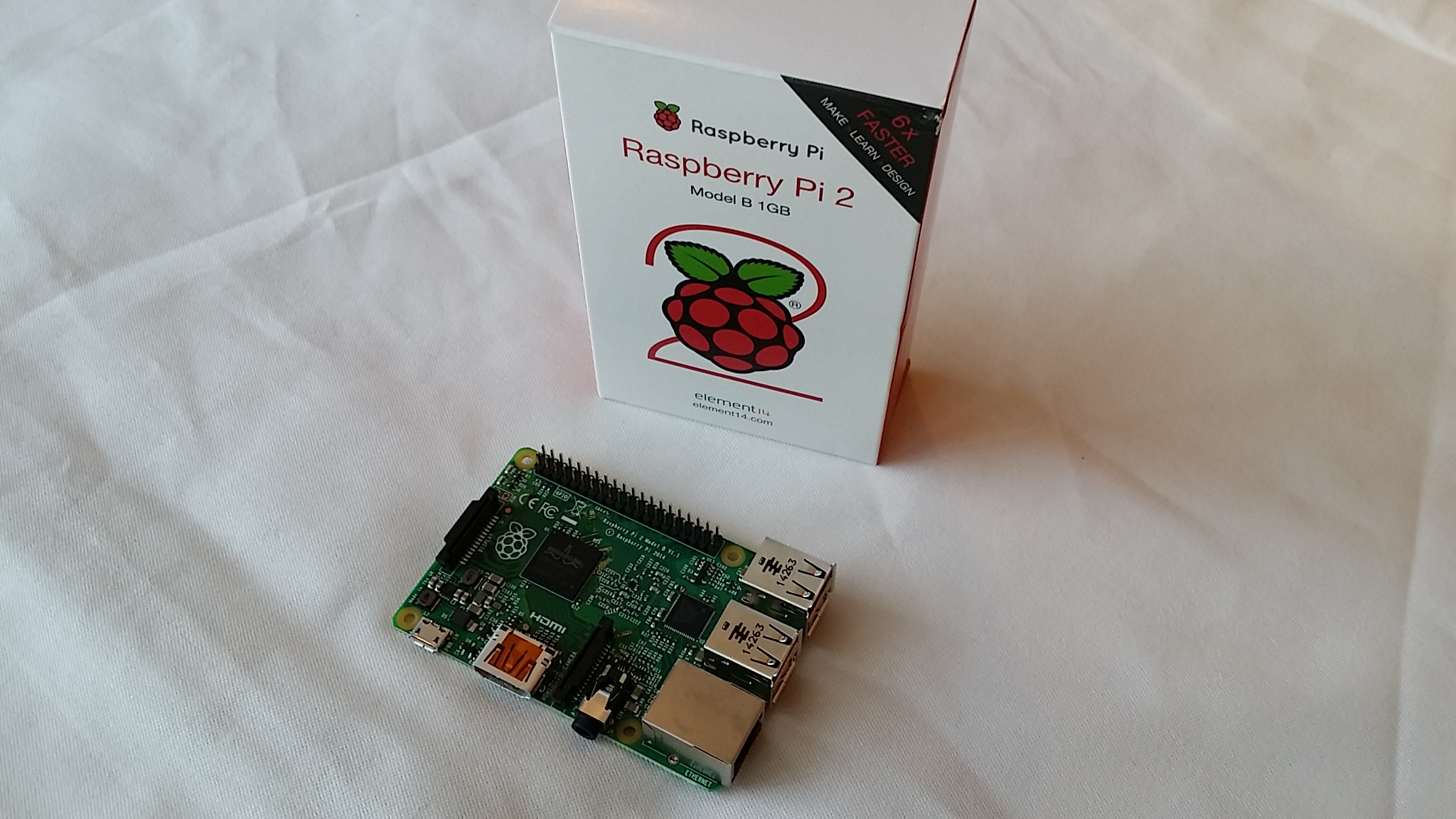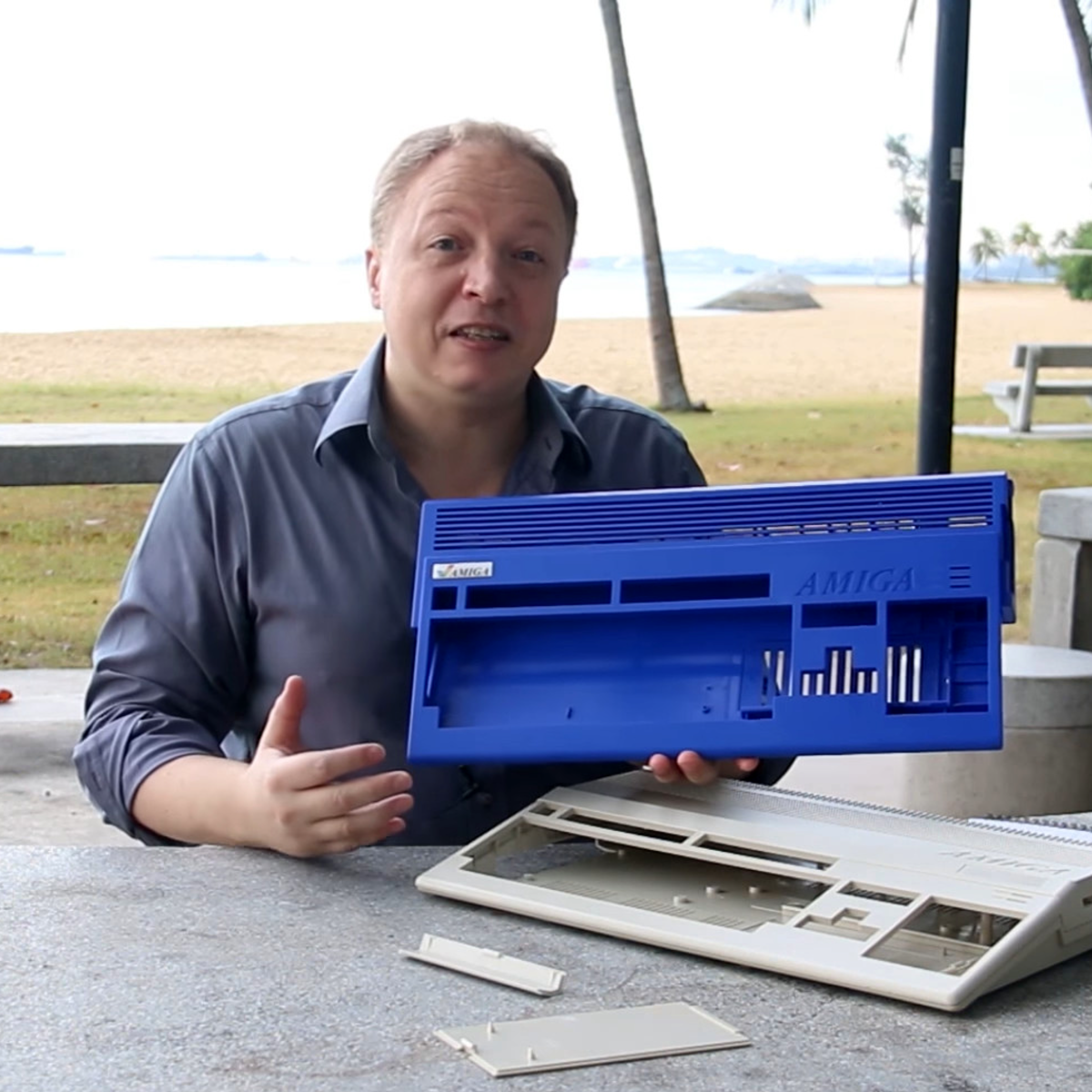
#Raspberry amiga emulator full
Some example platforms are shown below, but feel free to explore the full list within the Makefile. The process will abort if you use an incorrect platform or no platform at all. You must specify the Platform you want to build as a parameter to the make command.
#Raspberry amiga emulator download
The latest stable releases come with binaries, that you can download from the Releases area.

Manjaro), you can use these instead: sudo pacman -S base-devel sdl2 sdl2_ttf sdl2_image libxml2 flac mpg123 libmpeg2 Getting Amiberry Or if you're using an Arch-based distro (e.g.
#Raspberry amiga emulator install
On the Raspberry Pi, if you're not running Raspbian you'll also need this: sudo apt-get install libraspberrypi-dev

If you want to compile Amiberry from source, you'll need the -dev version of the same packages instead: sudo apt-get install libsdl2-dev libsdl2-ttf-dev libsdl2-image-dev libxml2-dev libflac-dev libmpg123-dev libpng-dev libmpeg2-4-dev

RequirementsĪmiberry has been tested on Debian/Raspbian Buster, and requires the following packages to run: sudo apt-get install libsdl2-2.0-0 libsdl2-ttf-2.0-0 libsdl2-image-2.0-0 libxml2 flac mpg123 libmpeg2-4 On the RPI platform specifically, we offer a special alternative version which uses Dispmanx directly for the emulation screen, for maximum performance. On top of that, we have some unique features developed only for Amiberry, such as the WHDLoad booter and support for RetroArch controller mapping.Īmiberry requires the SDL2 framework for graphics display, input handling and audio output. It includes JIT CPU and FPU support, to get high-performance results on CPU-intensive emulated environments. The core emulation comes from WinUAE, but stripped down somewhat in order to achieve good performance in underpowered boards. Amiberry is an optimized Amiga emulator, for ARM-based boards (like the Raspberry Pi, ASUS Tinkerboard, Odroid XU4, etc).


 0 kommentar(er)
0 kommentar(er)
